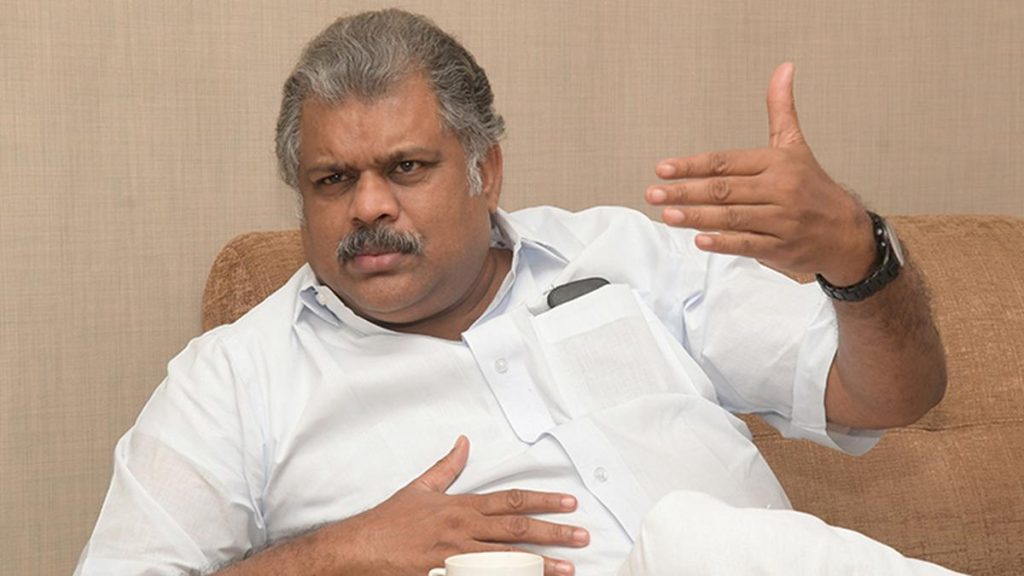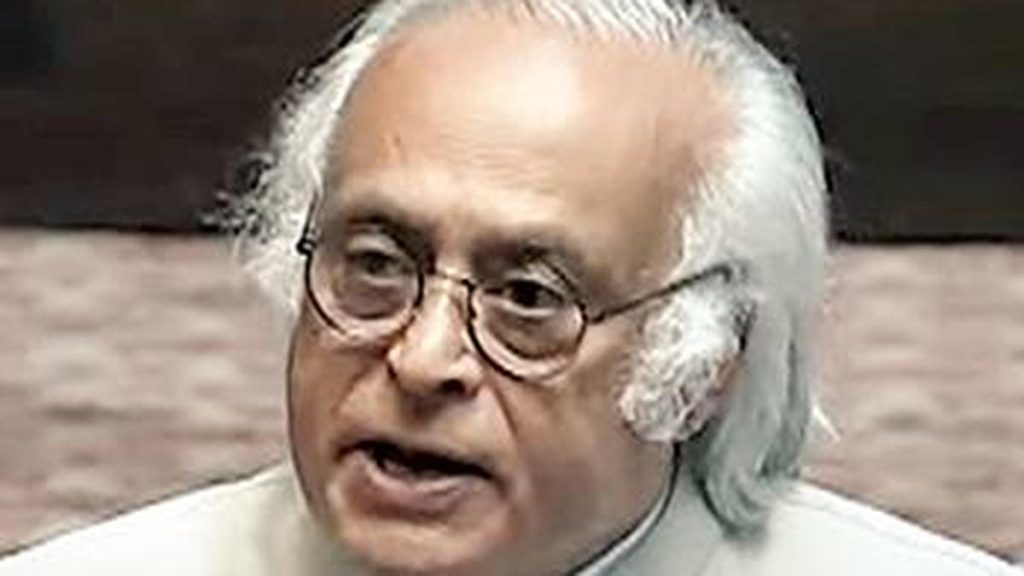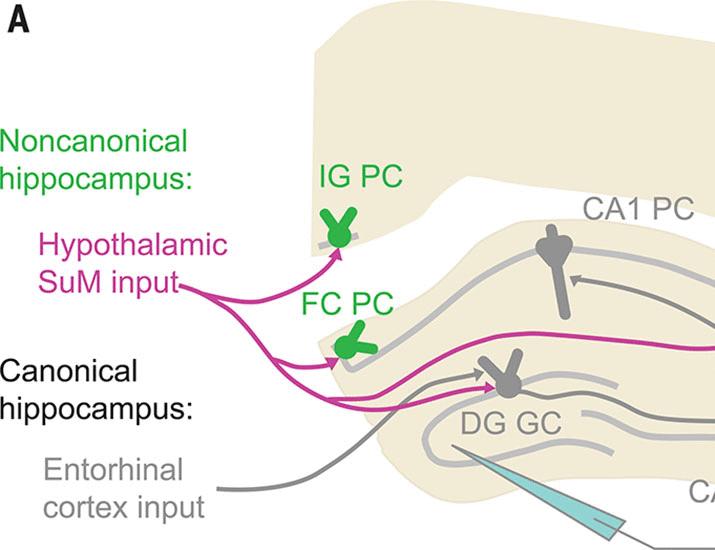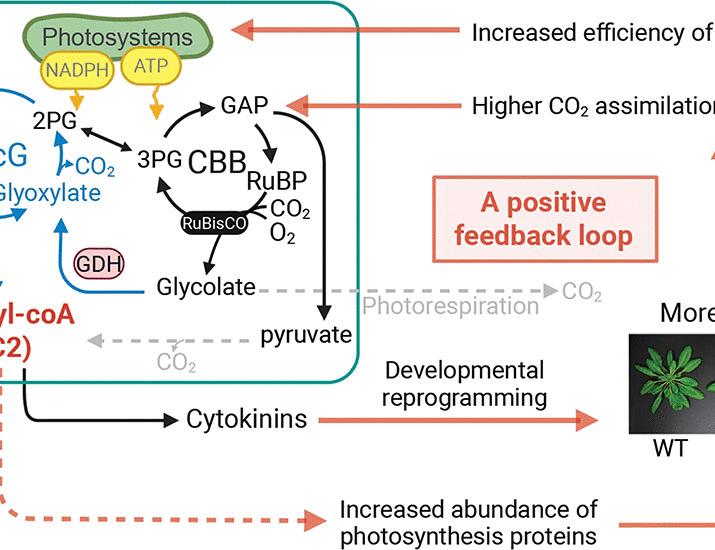Now Reading: Mercedes Achieves Record-Breaking Festive Sales in India
-
01
Mercedes Achieves Record-Breaking Festive Sales in India
Mercedes Achieves Record-Breaking Festive Sales in India

Swift Summary
- Mercedes-Benz India MD & CEO Santosh Iyer welcomed recent GST rate cuts, anticipating increased demand for luxury cars in the short term, notably during the festive season.
- He highlighted that state road taxes remain high and lack uniformity, ranging from 15% to 22%, wich may offset GST benefits for consumers.
- Revised GST rates for luxury cars (effective September 2025) amount to a flat 40% without the additional compensation cess, reducing overall tax burden despite higher base rates than earlier (28%).
- Growth of India’s luxury car sector correlates closely with rising per capita income; Mercedes has sold over one lakh cars in six years out of its total two lakh sales over 31 years.
- Mercedes-Benz aims for enduring double-digit growth and plans to introduce new models in Indian markets while maintaining meaningful local production capacity.
- The automaker supports the India-EU free trade agreement (FTA), citing it as a driver of economic development and opportunities for exports while reinforcing commitment to invest further in India.
- The European Union is India’s leading trade partner with bilateral goods trade worth USD 135 billion in FY2023-24.
Indian Opinion Analysis
The GST rate rationalization is expected to bolster short-term growth in India’s luxury car market during peak consumer activity periods like festivals. While positive sentiment surrounding reduced taxation enhances affordability and incentivizes purchases, high state road taxes could dilute these benefits, especially without standardized caps across states. This highlights an ongoing tension between federal reforms and state autonomy within India’s taxation framework.
Mercedes-Benz’s optimism regarding economic growth aligns with broader trends of increasing disposable income among Indian households-a promising indicator for sustained development within niche markets like luxury automobiles. Moreover, strong backing for regional free trade agreements such as the India-EU FTA reflects mutual interests in facilitating bilateral commerce while uplifting local production capabilities.
Uniformity in taxation alongside external trade partnerships could serve dual purposes-encouraging domestic consumption and enabling global competitiveness for Indian industries beyond automotive. Though, achieving such systemic coherence requires complex negotiations across federal structures and international treaties.Read More



























